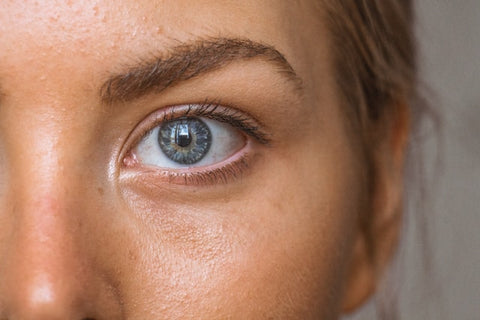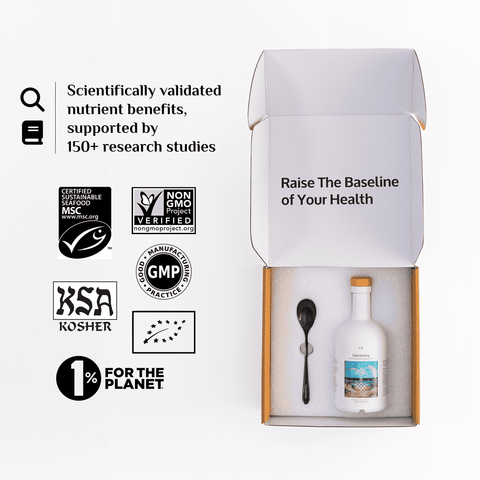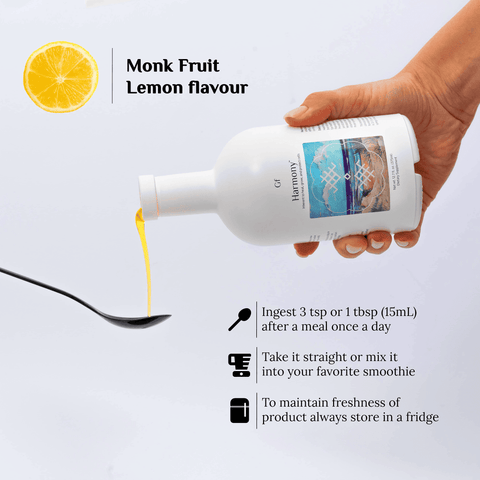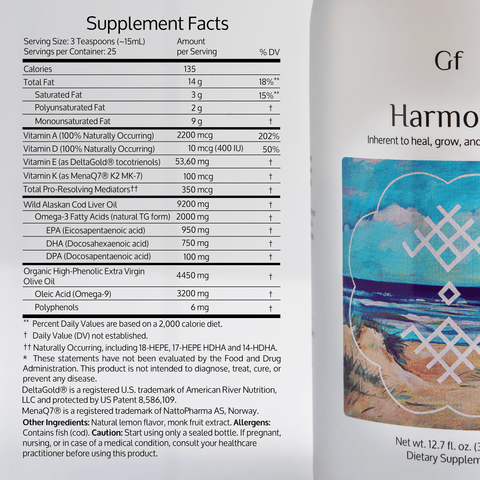Omega-3s: A Potential Ally for Dry Eyes?
Dry eyes are a common and bothersome condition affecting millions. While artificial tears and prescription treatments are the mainstay, there's growing interest in the potential role of omega-3 fatty acids for improving eye health and combating dry eye symptoms. Let's delve into the science and understand how these essential fats might help.
What are Omega-3s, and Why Do Our Eyes Need Them?
Omega-3 fatty acids are vital nutrients we get from our diets. The three key types are:
- ALA (alpha-linolenic acid): Found in plant sources like flaxseeds, chia seeds, and walnuts.
- EPA (eicosapentaenoic acid) and DHA (docosahexaenoic acid): Primarily found in fatty fish and algae.
Our eyes, especially the oil-producing meibomian glands in the eyelids, require omega-3s for several reasons:
- Healthy Tear Production: Omega-3s contribute to the oily (lipid) layer of our tears, preventing rapid evaporation and keeping our eyes lubricated.
- Reduced Inflammation: Dry eyes are often linked to inflammation. Omega-3s are natural anti-inflammatories, potentially helping calm irritation and discomfort.
- Meibomian Gland Function: These glands may function better with adequate omega-3 intake, producing the oils needed for comfortable eyes.
What Does the Research Show?
While the science on omega-3s and dry eyes is still evolving, here's what we know:
- Mixed Results: Some studies show a positive effect of omega-3 supplementation on dry eye symptoms, including improved tear stability and reduced discomfort. Others haven't found significant benefits. [1, 2]
- Dosage and Type May Matter: Higher dosages and an emphasis on EPA seem to be more effective. [3]
- Potential for Improvement: Even when studies don't show dramatic results, there's often a trend towards improvement in those taking omega-3 supplements.
Supplementing with Omega-3s for Dry Eyes
- Choose a High-Quality Supplement: Look for fish oil or algae-based omega-3s, focusing on EPA and DHA content.
- Talk to Your Eye Doctor: This is especially important if you take medication, have any underlying conditions, or have severe dry eye.
- Be Patient: It may take several weeks for the potential benefits with omega-3s to become noticeable.
Important Notes
- Omega-3s as a Complement: Supplementation shouldn't replace your eye doctor's treatment plan for dry eyes.
- Side Effects: Generally considered safe, but may cause mild side effects in some (like upset stomach).
The Bottom Line
Omega-3s hold promise as a complementary approach for dry eyes. Although they might not be a miracle cure, the potential benefits, plus their overall health value, make boosting your omega-3 intake a worthwhile consideration.
References
[1] Efficacy of Omega-3 Intake in Managing Dry Eye Disease: https://www.mdpi.com/2077-0383/12/22/7026
[2] How Omega-3's Can Help Treat Dry Eye: https://stoneycreekeyecare.com/how-omega-3s-can-help-treat-dry-eye/
[3] Dry Eye: Where Do We Stand with Omega-3 Supplements? : https://www.reviewofoptometry.com/article/dry-eye-where-do-we-stand-with-omega3-supplements
Disclaimer: This blog post is for informational purposes only. Consult an eye care professional for any concerns about dry eyes.









